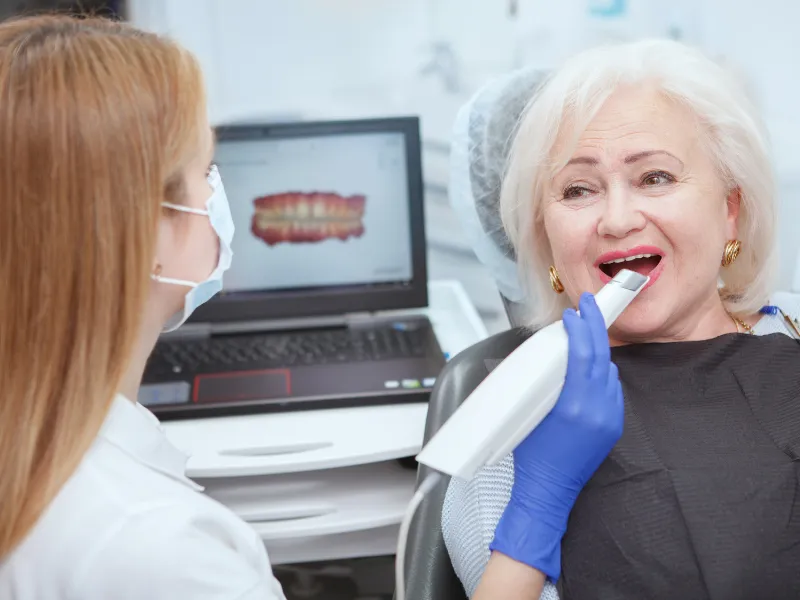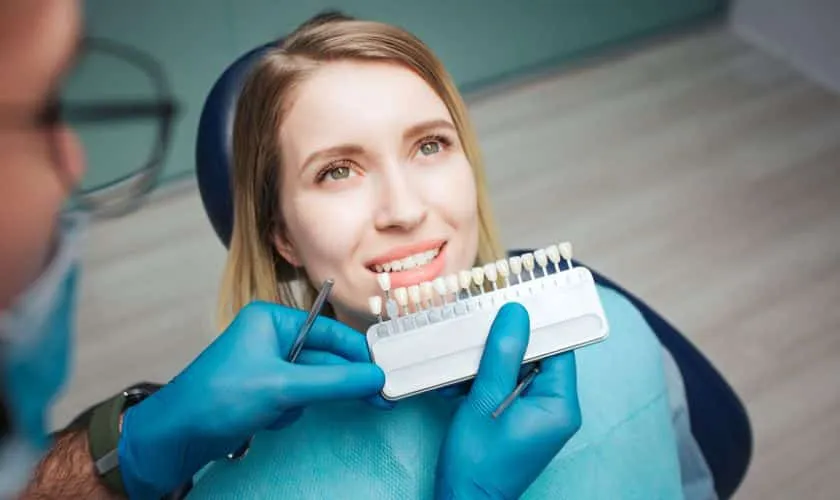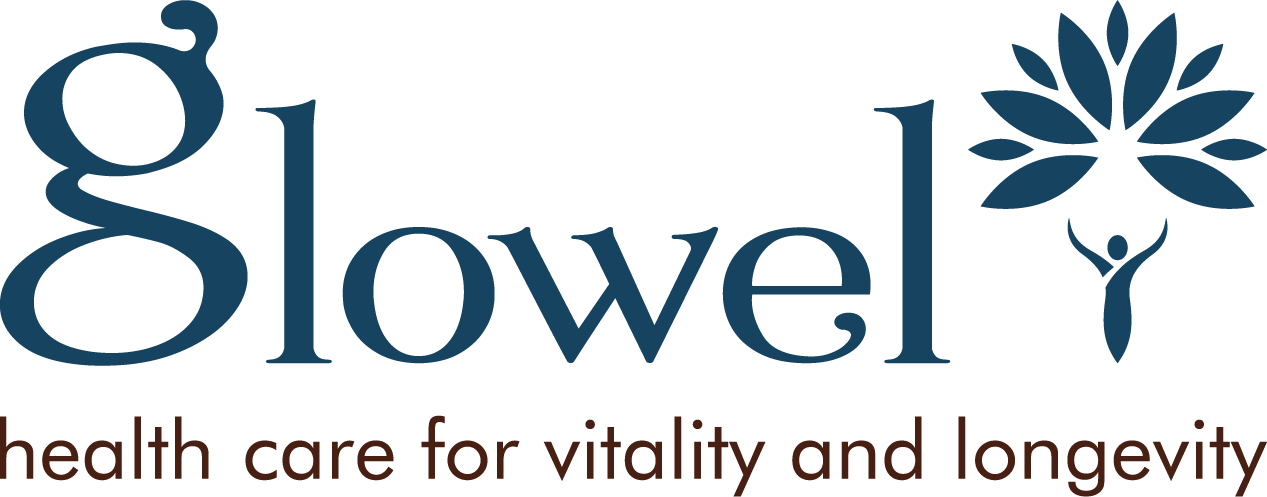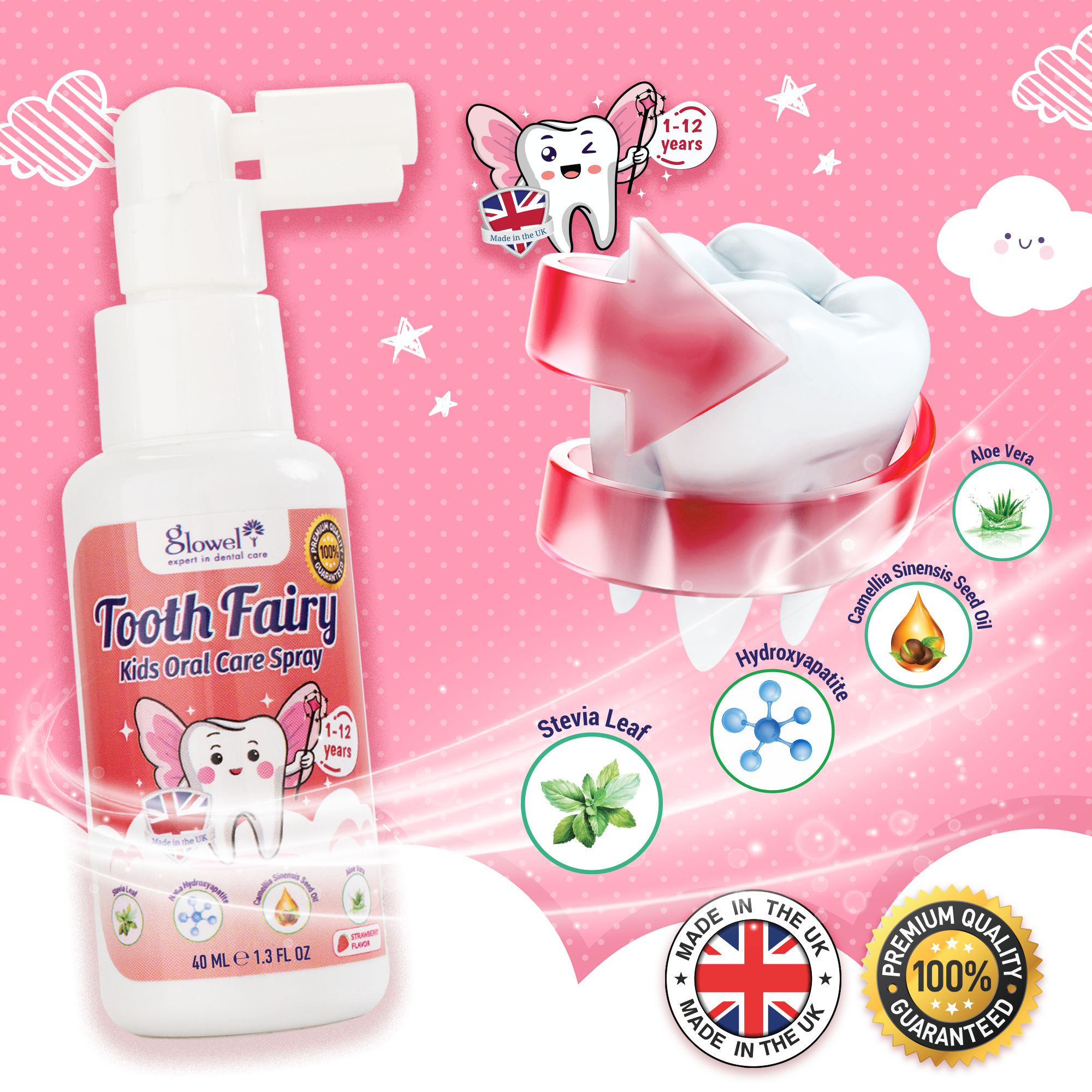As we age, maintaining good oral health becomes increasingly important. Declining oral health can lead to discomfort and infections and even impact overall well-being. For the elderly, proper dental care is not just about preserving a bright smile but also about preventing diseases and maintaining the quality of life. This article outlines essential oral care steps that seniors, as well as their caregivers, can follow to ensure healthy teeth and gums well into later years.
Common Oral Health Challenges Faced by the Elderly
Aging brings several changes to oral health, and seniors often face unique dental challenges. These issues require specific attention to ensure the longevity of both natural teeth and dental appliances like dentures. Here are some of the most common oral health challenges:
- Dry Mouth (Xerostomia): Often caused by medications or reduced saliva production due to aging, dry mouth increases the risk of tooth decay and infections.
- Gum Disease (Gingivitis/Periodontitis): Seniors are more susceptible to gum disease, which can lead to tooth loss if left untreated.
- Tooth Decay: Thinning enamel due to age makes teeth more prone to decay, especially for those who struggle with maintaining a consistent oral care routine.
- Tooth Loss: Many seniors experience tooth loss, which requires special care for dentures or dental implants.
- Enamel Erosion: Over time, natural wear and tear on enamel can increase tooth sensitivity and the risk of cavities.

Daily Oral Care Routine for Seniors
Maintaining a consistent daily oral care routine is essential for preventing tooth decay, gum disease, and other oral health problems. Below is a simple, easy-to-follow routine tailored for seniors:
- Brushing: Use a soft-bristled toothbrush and fluoride toothpaste to brush twice a day. Seniors should spend two full minutes brushing, ensuring they cover all surfaces of the teeth to remove plaque and food particles. Electric toothbrushes can be a good option for seniors who have limited dexterity, as they make brushing easier and more effective.
- Flossing or Interdental Cleaning: Cleaning between teeth is crucial to prevent plaque buildup that can lead to gum disease. If flossing is difficult, seniors can use interdental brushes or water flossers, which are often gentler on the gums.
- Mouthwash: An antimicrobial mouthwash can help reduce bacteria in the mouth and maintain fresh breath. For seniors experiencing gum problems, Gingival Pro+ Glowel Healthcare mouthwash offers intensive care. Its main ingredient, Chlorhexidine Digluconate 0.2%, helps prevent the growth of microorganisms from biological plaque, thus protecting the teeth and preventing gingivitis. Additionally, its herbal extracts—Roman Chamomile, Green Tea, and Aloe Vera—help soothe inflammation, fight bad breath, and promote wound healing.
- Denture Care: For those who wear dentures, it’s important to remove them and clean them daily. Use a soft brush to clean all surfaces of the dentures and soak them in a denture cleaning solution overnight. Avoid using regular toothpaste, as it may be too abrasive for dentures.
- Hydration: Staying hydrated is vital for preventing dry mouth, which can lead to an increased risk of tooth decay. Seniors should drink plenty of water throughout the day to help produce saliva and wash away food particles.

Special Oral Care Considerations for Seniors with Health Conditions
For seniors with underlying health conditions, oral care can become more challenging. However, maintaining oral health is critical in managing these conditions and preventing complications:
- Diabetes: Seniors with diabetes are at a higher risk of developing gum disease and infections. Proper oral care, including regular dental visits and careful brushing and flossing, is essential for managing oral health. Diabetics should be vigilant about controlling blood sugar levels, as elevated levels can worsen gum disease.
- Osteoporosis: This condition weakens bones, including the jawbone, increasing the risk of tooth loss. Seniors with osteoporosis should focus on regular dental check-ups to monitor the health of their jaw and teeth.
- Medication-induced Dry Mouth (Xerostomia): Many medications cause dry mouth, which can increase the risk of tooth decay. Seniors suffering from dry mouth can use saliva substitutes, sugar-free lozenges, or chewing gum to stimulate saliva production and keep the mouth moist.
Incorporating specialized products like Gingival Pro+, which contains ingredients to soothe and heal gums while reducing plaque, can provide additional support for seniors with underlying health conditions.
The Importance of Regular Dental Check-ups
Regular dental check-ups are crucial for seniors. As we age, dental problems can escalate quickly if left untreated, making professional cleanings and exams even more important. Here’s why routine visits to the dentist are essential:
- Early Detection: Dentists can catch early signs of tooth decay, gum disease, or even oral cancer before they become serious. Early treatment is key to avoiding more complicated and costly procedures down the road.
- Professional Cleaning: Over time, plaque and tartar can build up in hard-to-reach areas, even with regular brushing and flossing. Professional cleanings remove this buildup and prevent infections and gum disease.
- Denture Maintenance: Seniors with dentures or implants need regular check-ups to ensure their appliances fit properly and are functioning as intended. Poorly fitting dentures can cause sores and infections, so routine adjustments are vital.
Preventive care through regular check-ups ensures that seniors can maintain their oral health and avoid severe complications.

Tips for Caregivers: Helping Seniors with Oral Care
Caregivers play a vital role in assisting seniors with their oral hygiene, especially those with mobility or cognitive challenges. Here are some practical tips to help:
- Assisted Brushing: If seniors have difficulty brushing on their own, caregivers can step in to help. Using an electric toothbrush can make the process easier for both the senior and the caregiver, ensuring thorough cleaning.
- Routine Reminders: Help seniors stay on top of their oral care routine by setting reminders or creating a visual schedule. This can be especially helpful for those with memory issues.
- Product Adaptations: For seniors with arthritis or limited mobility, using grip-friendly toothbrushes or other dental aids can make brushing and floss more manageable.
- Emotional Support: Oral care can be a sensitive issue for many elderly people. Providing encouragement and being patient can make the process more comfortable and effective.
Caregivers can also recommend the use of Gingival Pro+ Glowel Healthcare mouthwash for seniors struggling with gum disease or plaque, as its natural ingredients promote oral health and ease gum discomfort.
Choosing the Right Products for Senior Oral Care
When it comes to senior oral care, using the right products can make all the difference. Here are some recommendations:
- Electric Toothbrush: This toothbrush is ideal for seniors with limited hand mobility due to arthritis or other conditions. It often has timers to ensure the user brushes for the recommended two minutes.
- Fluoride Toothpaste: Fluoride helps strengthen tooth enamel and prevent cavities. Seniors should opt for fluoride toothpaste, particularly if they are prone to tooth decay.
- Denture Adhesives and Cleaners: For seniors with dentures, using the correct adhesive and cleaning products is essential for maintaining oral hygiene and avoiding infections.
- Moisturizing Mouthwash: Seniors suffering from dry mouth can benefit from a moisturizing, alcohol-free mouthwash such as Gingival Pro+, which also protects against gum disease.
>>See more: The Role of Fluoride in Protecting Tooth Decay: What You Need to Know for Healthier Teeth
In Conclusion
Maintaining proper oral care as we age is essential to prevent serious health issues like gum disease, tooth decay, and infections. Seniors and their caregivers can follow these simple oral care steps to ensure healthy teeth and gums. Regular dental check-ups, the right products, and a tailored daily routine are all critical components of elderly oral care. By staying proactive, seniors can enjoy better oral health, improved comfort, and a higher quality of life.



